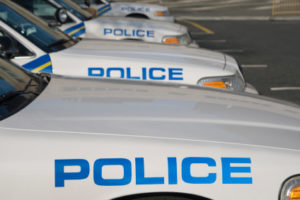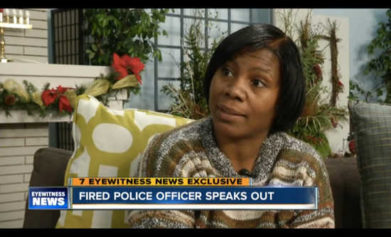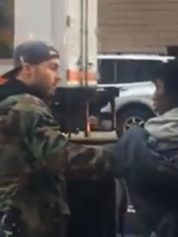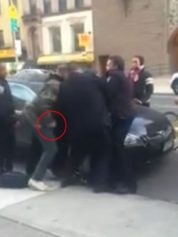
Since the fatal police shooting of Michael Brown in Ferguson, Mo., attention to racial tensions between the police and the Black community has risen. Media outlets across the U.S. are looking to see if their local law enforcement agencies are also guilty of disproportionately shooting Blacks.
Of the 33 people shot by Denver police in the past five years, seven of them were Black, according to data gathered by the Office of the Independent Monitor.
Matthew Murray, chief of staff for the Denver police, is skeptical of jumping to conclusions solely off those numbers, according to I-News.
“It’s an incredibly complex issue,” he said.
Denise Maes, public policy director for the Colorado chapter of the American Civil Liberties Union, disagrees.
She says the data reveals “lingering inequality” in the treatment of minorities across the criminal justice system.
“We know that African Americans and Latinos are stopped more often, arrested more often by police and get harsher sentences,” she told I-News. “Racial disparities are alive and well in the criminal justice system.”
Denver’s problems with racial profiling existed long before the I-News data from 2009.
In July 2003, a developmentally disabled Black boy, Paul Childs, was shot in his home by police. The city paid Childs’ family a settlement of $1.3 million, according to I-News.
In the same month of the following year, an unarmed 64-year-old Latino man, Frank Lobato, was shot.
In 2009, 19-year-old Black college student Alex Landau was beaten when he was pulled over for failing to signal.
And in 2010, Marvin Booker, a homeless Black preacher, died after being shocked with a Taser and wrestled into a sleeper hold in a Denver jail.
A federal jury awarded Booker’s family $4.7 million in October, according to I-News.
Denver police do not record data about the location or race of the people their officers’ encounter.
“If Denver were to collect this data, it would help us to more systematically evaluate the role of race in police interactions, and address community concerns about minority overrepresentation,” Nicholas Mitchell, Denver’s independent monitor, told I-News.
A former commander in the Denver police department, Tracie Keese, co-authored a study in 2007 that examined officer’s reactions to armed and unarmed people, both Black and white. The results showed that the officers shot at unarmed targets at nearly equal rates no matter the race, according to I-News.


